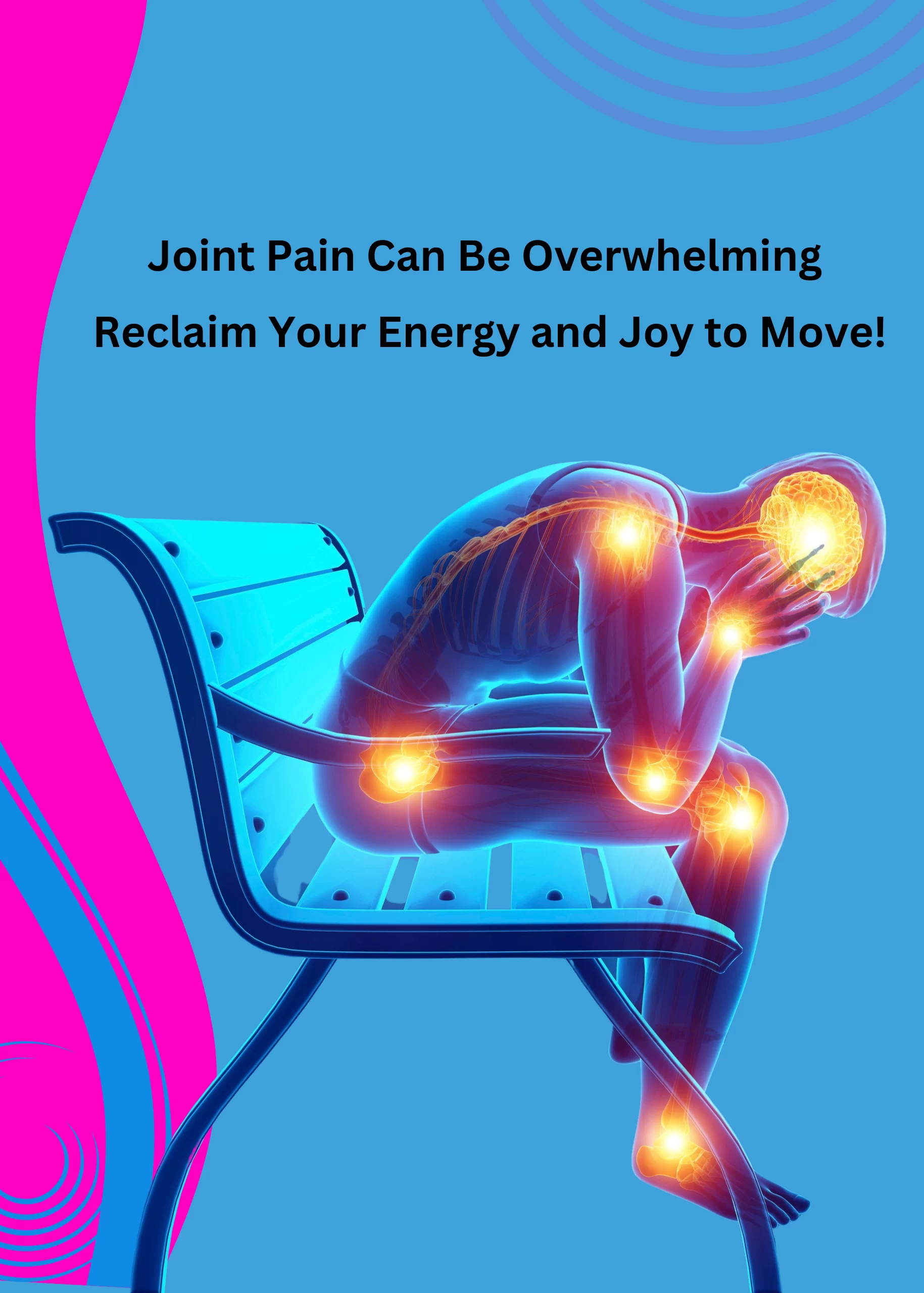Growing up, I often watched my mother struggle with unexplained fatigue and pale skin. She would push through her day, feeling drained and dizzy, and frequently experienced headaches that would not go away. She even tried to lie down but rather looked weaker even more. We did not know what the problem was until she saw the doctor and we learned the real issue—iron deficiency. This enlightened me on how important iron is in our bodies in performing its functions. At LeanCare Health, we are committed to educating the public about iron deficiency among other health-related conditions and how to receive proper treatment to live healthy, energized lives.
What is Iron Deficiency?
Iron deficiency occurs when your body does not have enough iron to produce haemoglobin, the protein in red blood cells responsible for carrying oxygen. If one has little or no haemoglobin present in the body, the tissues get little oxygen, which leads to many health complications. Iron deficiency is common, especially among women, children, and vegetarians, but can affect anyone. If not treated it may lead to iron-deficiency anemia that severely affects the body and mind.
Causes of Iron Deficiency
Several factors can lead to iron deficiency, including:
- Dietary Insufficiency: Lack of enough iron-dense foods that include; red meat, beans and dark green vegetables.
- Increased Iron Demand: Factors that can increase high iron requirements include pregnancy, during instances when children are growing, and activities that require much strength.
- Blood Loss: The iron supply gets low due to reasons such as menstruation, gastrointestinal ulcers, or blood donations.
- Poor Absorption: Diseases like celiac disease or inflammatory bowel disease also cause the body to absorb iron poorly or hamper absorption altogether.
Common Signs and Symptoms of Iron Deficiency
- Dizziness and Lightheadedness: If one continuously experiences dizzy spells, or feels like they may faint, especially if no other cause can be pinpointed, it may be high time to get an iron test.
- Pale Skin: Iron is also important for making haemoglobin, the element that is responsible for the healthy-looking tone of the skin. Weakness or paleness of the skin, particularly the face and the conjunctiva of the eyes is common in cases of iron deficiency.
- Headaches and Brain Fog: The brain must have a stable supply of oxygen to work as it is designed to do. This can be interrupted by iron deficiency which results in experiences of continual headaches and concentration problems.
- Heart Palpitations: Because of iron deficiency the heart has to pump much harder to deliver oxygen to the rest of the body; this can cause a racing heart or an irregular heartbeat.
- Fatigue and Weakness: Constant fatigue despite hours of sleep is usually associated with iron deficiency and is one of the biggest reported symptoms by patients.
Tips to Prevent Iron Deficiency
- Eat Iron-Rich Foods: Increase the consumption of iron-rich food that is found in red meat, poultry, fish, lentils, spinaches and fortified cereal products.
- Pair Iron with Vitamin C: The bioavailability of iron may also be improved when vitamin C-containing foods such as oranges or bell peppers are eaten together with other foods containing iron.
- Avoid Certain Beverages with Meals: It should also be noted that both tea and coffee produce an undesirable effect on iron: the latter should be consumed between meals if there is a risk of anaemia.
Take Charge of Your Health Today!
If you recognize any of these symptoms or want to ensure your iron levels are on track, take the next step by contacting LeanCare Health here; https://leancarehealth.com/contact-us/. Also, follow us on Facebook at https://www.facebook.com/profile.php?id=61558545751469 and Instagram at https://www.instagram.com/leancarehealth/ to learn more about our services and health tips. Schedule a consultation with our team to get a comprehensive assessment and a path forward to optimal health. Don’t let iron deficiency limit your energy and vitality—reach out to us today!

